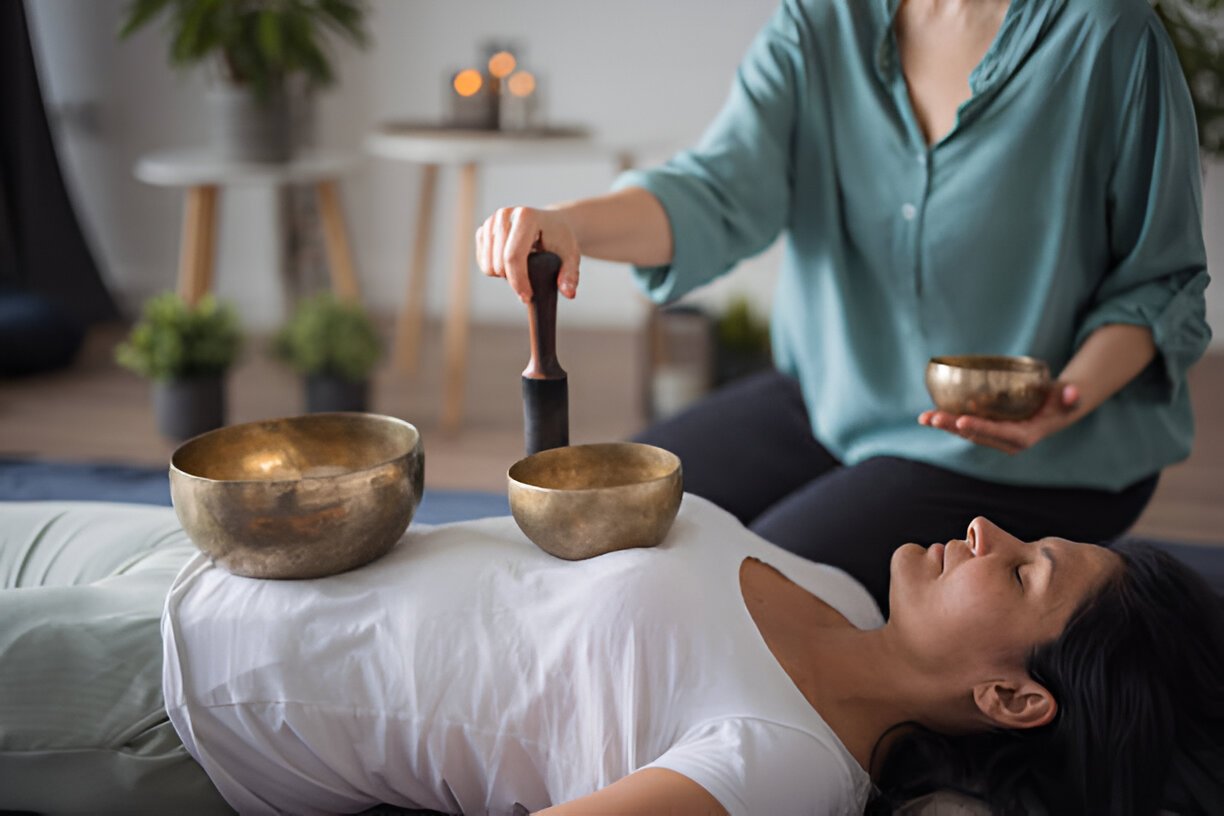
On Top
Recent Stories



Inter Miami vs Columbus – Thrilling Quarterfinal Match
August 14, 2024
Google Pixel 9: A Complete Competitive Phone
August 14, 2024

Exploring the Most Luxurious Tiny Homes in America
August 14, 2024

30 Coolest Listings From The Airbnb ‘OMG’ Category
August 14, 2024

Flying Every Major American Airline in First Class
August 13, 2024

OMG! The Ultimate Guide to Airbnb’s Most Unusual Listings
August 13, 2024


What Does “Eldradiant” Mean?
August 13, 2024